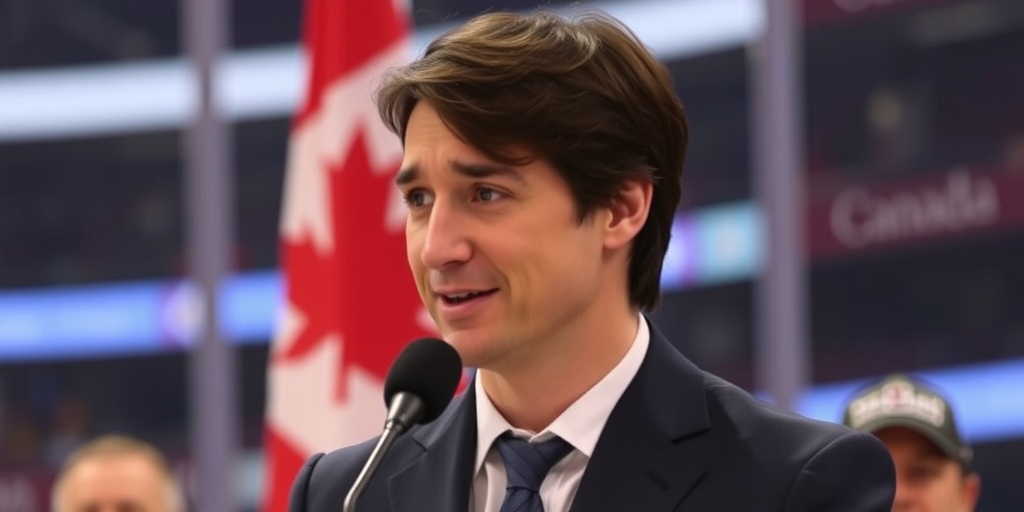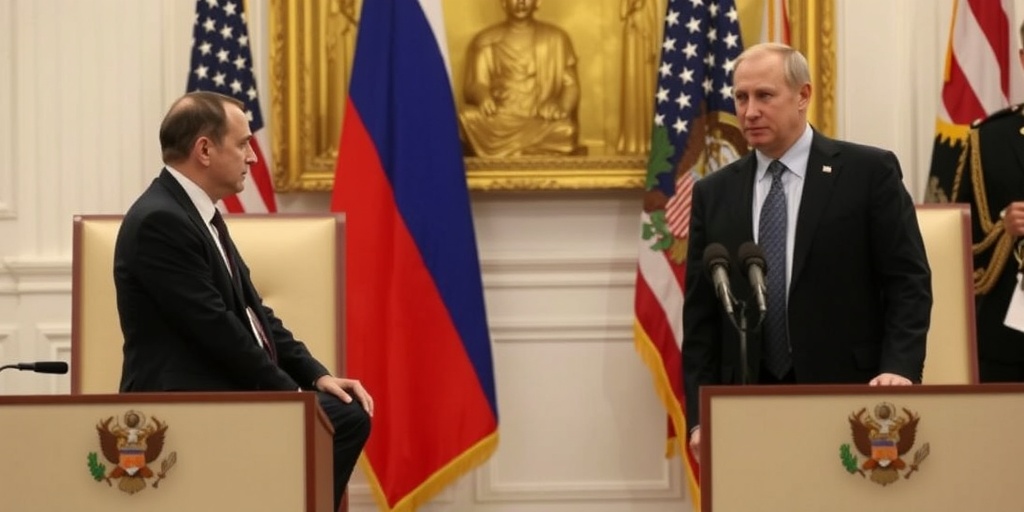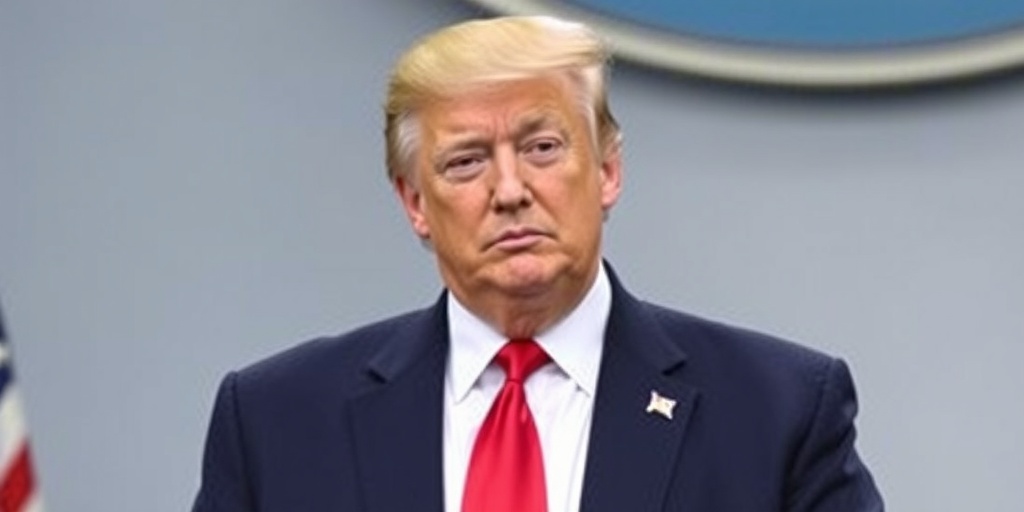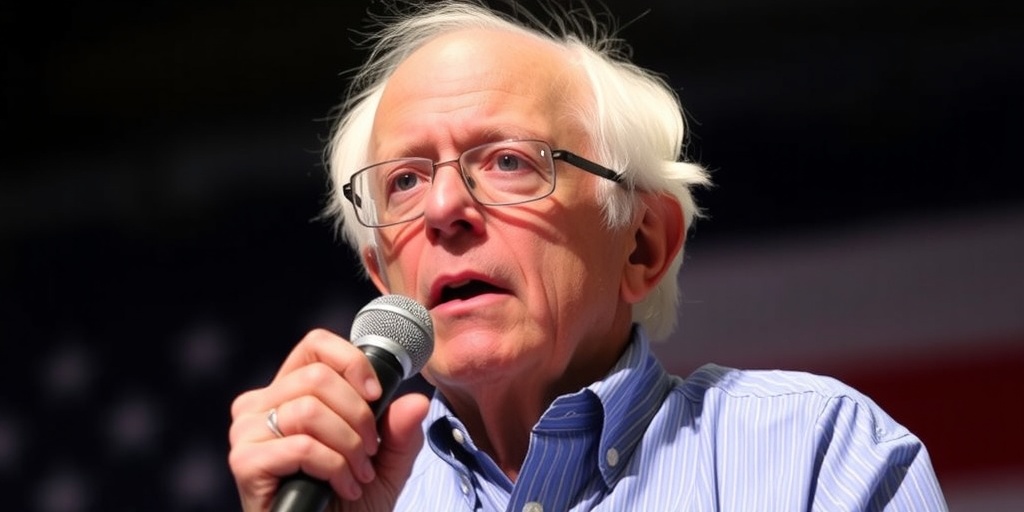Now Reading: Trudeau Takes a Jab at Trump as Canadians Celebrate Hockey Victory
-
01
Trudeau Takes a Jab at Trump as Canadians Celebrate Hockey Victory
Trudeau Takes a Jab at Trump as Canadians Celebrate Hockey Victory

Canada Triumphs Over the United States in International Hockey Championship Amid Political Tensions
In a riveting showdown on the ice, Canada triumphed over the United States in an international hockey championship final held in Boston, igniting a flurry of reactions from both sides of the border. Canadian Prime Minister Justin Trudeau was quick to express his pride on social media, declaring, “You can’t have our country — and you can’t take our game,” in a post on the platform X, formerly known as Twitter. This reaction came only moments after Canada secured victory, underscoring the significance of hockey as an integral part of Canada’s identity.
The atmosphere surrounding the match was charged with political tension that has been building in recent weeks, particularly in light of comments made by U.S. President Donald Trump. Ahead of the highly anticipated game, Trump had made inflammatory remarks suggesting that Canada should consider becoming the “51st state” of the United States. His comments were seen as a direct taunt and contributed to an uneasy backdrop for the championship.
The stakes were undeniably high for Canada, a nation that proudly considers itself the birthplace of hockey. Many Canadians felt that the stakes extended beyond the rink, as ongoing trade disputes and threats of tariffs from Trump had created an atmosphere of anger and resentment. These issues were compounded by the U.S. president’s frequent derogatory references to Canada and its leader as “governor,” further intensifying feelings of nationalism among Canadians.
Mr. Trudeau’s response was emblematic of the frustration felt across Canada, a sentiment echoed by opposition leader Pierre Poilievre who rallied behind the Prime Minister’s message with his own declaration: “The true North, strong, free, and golden.” The camaraderie among Canadian politicians from various parties illustrated a rare moment of unity in a country that has recently experienced deep political divisions.
As tensions simmered, the mood at sports venues in Canada had started to show signs of discontent toward the U.S. national anthem, which was met with boos during various sporting events, including NBA and NHL games. This rising sentiment signified the intersection of sports and politics, reminding both nations of the complicated relationship they share, especially in moments of rivalry.
Not to be deterred, Trump continued to make pointed remarks leading up to the game. During a speech in Washington, he reiterated his belief that Canada should become the 51st state, seemingly dismissing the resonating dissatisfaction among Canadians about such sentiments. “You heard the people booing the national anthem, but I think ultimately they’ll be praising the national anthem,” Trump remarked, showcasing a disconnect between his perception and the feelings of the Canadian populace.
In a gesture of support for the U.S. team, Trump even reached out to express his encouragement, with his press secretary, Karoline Leavitt, playfully noting that they looked forward to witnessing the U.S. team triumph over their “soon-to-be 51st state, Canada.” Such comments drew attention to the highly charged political environment that permeated the championship.
During the national anthems, Canadian musician Chantal Kreviazuk performed “O Canada,” but her rendition included a switch in the lyrics, changing “in all of us command” to “that only us command.” This alteration was acknowledged as a response to the inflammatory rhetoric surrounding the idea of Canada’s annexation, further revealing the deep emotional ties Canadians have to their national identity amid external pressures.
As the match concluded with Canada’s victory, it was evident that these political jabs have fostered a unifying effect within Canada, transcending political parties and drawing together a diverse public in opposition to Trump’s comments. A recent survey from the Angus Reid Institute indicated that an overwhelming 90 percent of Canadians were opposed to the notion of becoming part of the United States. This widespread sentiment reflects a strong national pride that was amplified by their commitment to the game of hockey.
By early Friday morning, Trump had yet to issue a response to Trudeau’s post or acknowledge Canada’s victory. The silence from the U.S. president demonstrates the ongoing tension and the complexities of governance intertwined with national sportsmanship. As Canada celebrates its hockey victory, the echoes of political rivalry remind both nations of their contrasting identities and the intricate relationship that continues to evolve.
In summary, while the hockey game provided a thrilling competition on the ice, it also served as a canvas for deeper conversations about national identity, political relations, and the power of sports to unite or divide. As the dust settles on this high-stakes championship, it remains to be seen how these dynamics will unfold in the coming months, particularly with regard to U.S.-Canada relations, but one thing is clear: hockey remains a cherished symbol of Canadian pride.
Stay Informed With the Latest & Most Important News
Previous Post
Next Post
-
 01New technology breakthrough has everyone talking right now
01New technology breakthrough has everyone talking right now -
 02Unbelievable life hack everyone needs to try today
02Unbelievable life hack everyone needs to try today -
 03Fascinating discovery found buried deep beneath the ocean
03Fascinating discovery found buried deep beneath the ocean -
 04Man invents genius device that solves everyday problems
04Man invents genius device that solves everyday problems -
 05Shocking discovery that changes what we know forever
05Shocking discovery that changes what we know forever -
 06Internet goes wild over celebrity’s unexpected fashion choice
06Internet goes wild over celebrity’s unexpected fashion choice -
 07Rare animal sighting stuns scientists and wildlife lovers
07Rare animal sighting stuns scientists and wildlife lovers





















